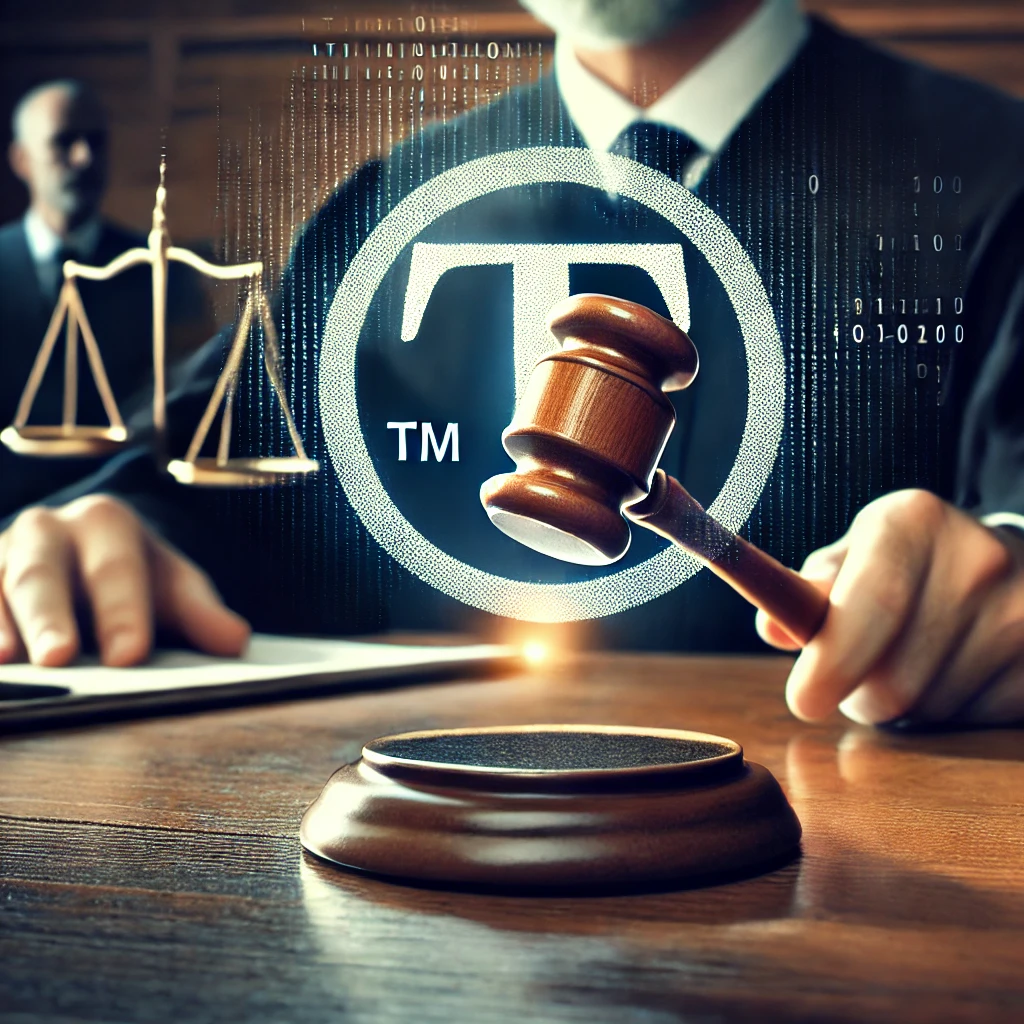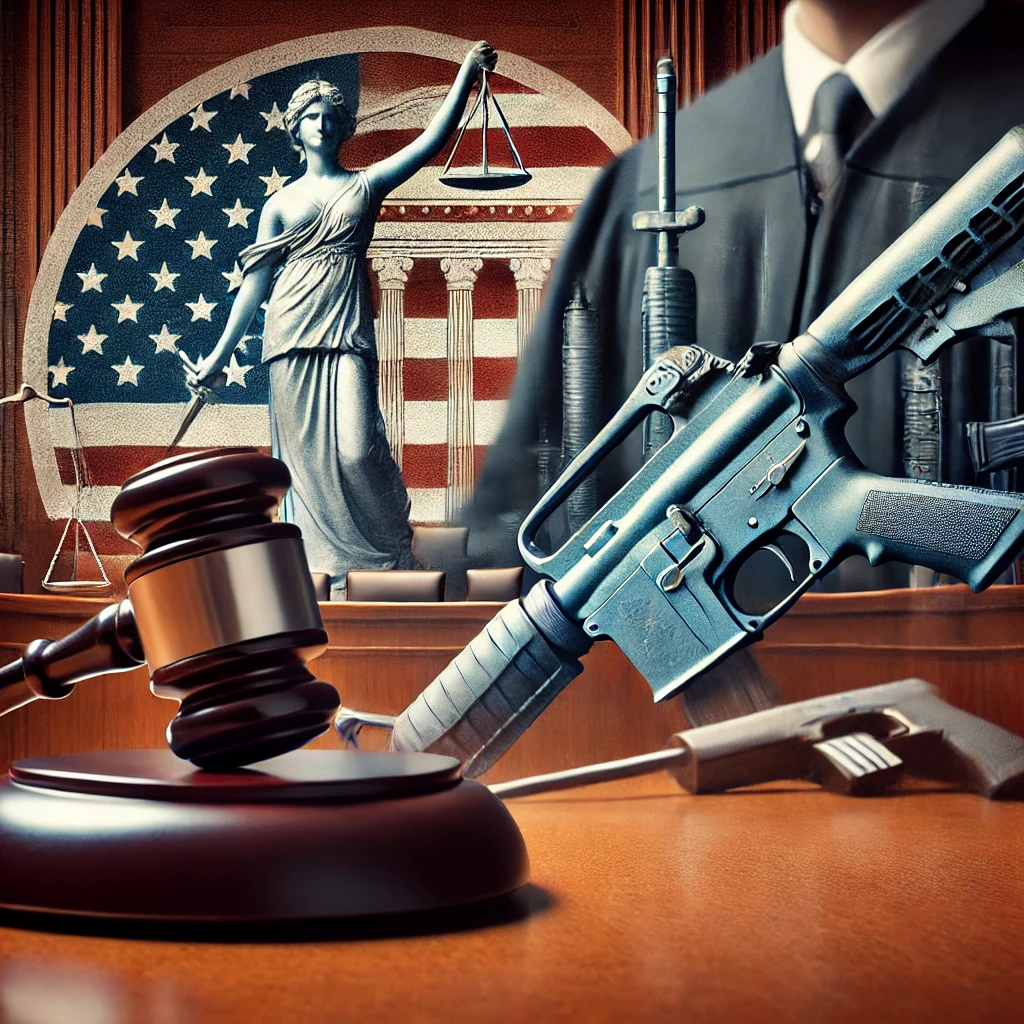Supreme Court to Hear Trademark Dispute Involving Corporate Affiliates
The U.S. Supreme Court has agreed to hear a landmark trademark case that could have major implications for corporate liability and intellectual property rights. The case centers around whether corporate affiliates of a defendant can be held responsible for a $47 million trademark infringement judgment, even if they were not direct parties to the original lawsuit.
The dispute involves a technology company that was found guilty of trademark infringement after using branding that closely resembled a competitor’s. However, the legal battle has now escalated as plaintiffs seek to extend liability beyond the original defendant to include related corporate affiliates that allegedly benefited from the infringement.
This case has drawn significant attention from both legal analysts and business leaders due to its potential to change the way corporations structure their subsidiaries and affiliate entities. If the Supreme Court sides with the plaintiffs, it could establish a precedent allowing trademark holders to pursue damages not just from the direct infringer, but from any related entities that may have gained financially from the infringement. This could lead to increased scrutiny over corporate structures and how businesses legally shield their assets.
Legal analysts argue that broadening corporate liability in intellectual property disputes may deter companies from using shell entities to protect their financial interests. Currently, many businesses create complex corporate structures to insulate their parent company from direct legal responsibility. Critics of this approach believe that such legal maneuvers allow corporations to sidestep accountability, making it harder for plaintiffs to recover damages in cases of trademark infringement, patent violations, or intellectual property theft.
On the other hand, corporate defense attorneys argue that expanding liability in this manner could stifle innovation and economic growth. If affiliated companies can be sued simply because they operate under the same corporate umbrella, businesses may face an overwhelming number of lawsuits, increasing legal risks and operational costs. Some legal experts warn that this could lead to corporations being overly cautious in partnerships and branding decisions, which may discourage competition and market expansion.
The broader implications of the case stretch beyond trademark law. If the ruling extends liability to corporate affiliates, it may also influence other areas of business litigation, such as product liability cases, contract disputes, and financial fraud cases. Legal experts predict that a ruling favoring the plaintiffs could open the door for increased lawsuits against multinational corporations, making it easier for plaintiffs to recover damages from larger business entities with deeper financial resources.
This case also arrives at a time when intellectual property enforcement has become a major concern for businesses operating in the digital age. With the rise of e-commerce and social media marketing, trademark infringement claims have surged, leading to more aggressive legal battles over branding and market positioning. A Supreme Court decision expanding liability for corporate affiliates could shift how companies approach brand protection strategies, forcing them to take a more conservative approach to trademark use.
Regardless of the outcome, this Supreme Court case will likely have lasting consequences for trademark enforcement and corporate governance in the U.S. If the Court sides with the plaintiffs, businesses will need to reevaluate their corporate structures and brand management policies to avoid legal exposure. If the Court upholds the current standard and limits liability to direct infringers, it will reinforce traditional corporate protections, maintaining the legal separation between parent companies and affiliates.
The decision will set a crucial precedent for how courts approach corporate liability in intellectual property disputes. With the digital marketplace evolving rapidly, this ruling may shape trademark enforcement policies for years to come, influencing how companies defend and enforce their brand rights in an increasingly competitive business environment.



